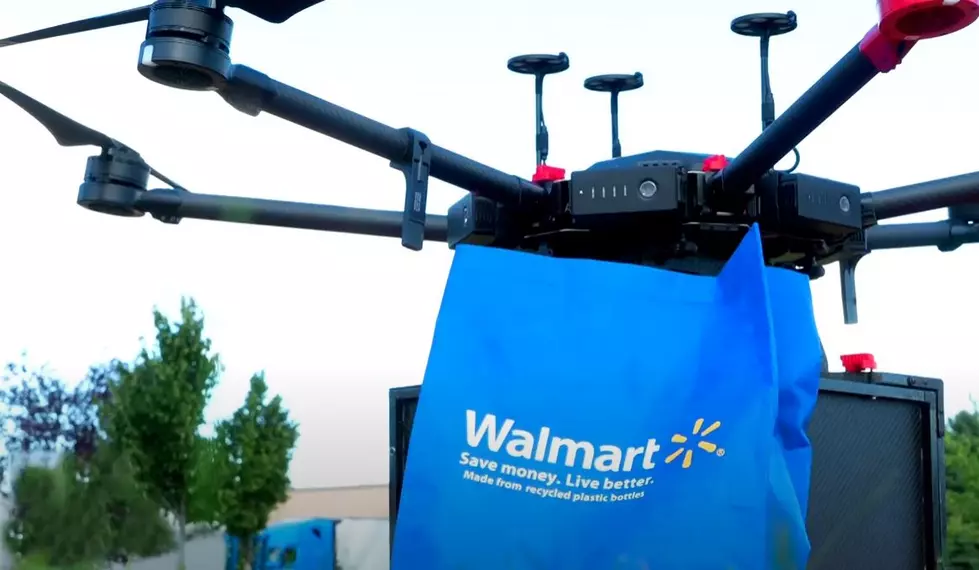
BLM Offers Wildfire Prevention Tips For Wyoming Residents
Rain is good for Wyoming vegetation.
Rain also is bad for Wyoming vegetation.
More water means more growing vegetation including grasses and the notorious cheatgrass that is easily ignited.
So in light of the lots of precipitation Wyoming received this spring, the U.S. Bureau of Land Management has a few tips for the public to prevent wildfires on public lands.
The BLM recommends the following:
- Check tires to ensure they are properly maintained. One of the many causes of roadside fires is tire wires from the tread of vehicle tires.
- If towing a boat or trailer, ensure safety chains are properly secure and not dragging on the ground.
- Never park a vehicle over dead grass and avoid driving through tall grass. A vehicle can ignite grass.
- All off-highway vehicles are required to have a Society of Automotive Engineers-approved spark arrestor. Maintain spark arrestors and keep them free of carbon buildup.
- Carry a shovel and fire extinguisher in your vehicle or off-road vehicle.
- If using equipment to weld, grind or mow that could generate sparks, have firefighting equipment -- shovels, rakes, water and garden hoses, and an ABC-rated fire extinguishers -- available for use.
When camping on public lands, never leave your campfire unattended. Ensure your campfire is “dead” out before leaving or turning in for the night. If your campfire is too hot to touch, it’s too hot to leave. Drown with water, stir and repeat until it’s cold. Each year, Wyoming firefighters respond to fires caused by campfires that left their initial locations.
If target shooting, take proper measures by selecting an area free of flammable materials. Bring a fire extinguisher or water to extinguish any flames. Exploding targets are a major cause of wildfires. Take extra precaution if using exploding targets. Tracer ammunition is prohibited for use on all public lands in Wyoming per the year-round wildfire prevention restrictions.
If you see a wildfire, avoid approaching it. Firefighters must stop fighting fire when onlookers are in dangerous areas or vehicles have blocked road access to the fire. Most firefighting aircraft will not be able to drop water or retardant if you are in the area. If a firefighter asks you to leave the area, it is for your own safety.
If you operate an unmanned aircraft system (UAS), commonly called a drone, know that unauthorized UAS flights over or near a wildfire endanger the lives of pilots, firefighters and the public.
In 2017, at least 36 public drone incursions occurred over or near wildland fire incidents, which shut down aerial firefighting efforts. When that happens, fires often become larger.
Program the county dispatch phone number in your cell phone contacts in case you ever need to report a fire, and you can always dial 911 to report a fire.
More From 104.7 KISS-FM







![[VIDEO] Check Out This Intense Drone Chase Through A Warehouse](http://townsquare.media/site/103/files/2019/12/Drone-2.png?w=980&q=75)

